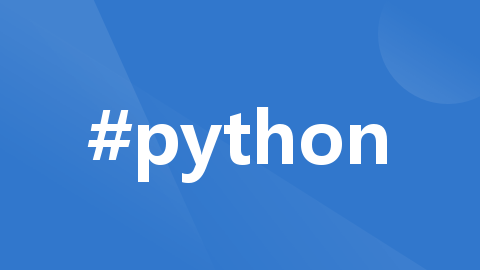在 mapper 中如何传递多个参数?
在 mapper 中如何传递多个参数?2、第二种: 使用 @param 注解:然后,就可以在 xml 像下面这样使用(推荐封装为一个 map,作为单个参数传递给mapper):3、第三种: 多个参数封装成 map
·
1、第一种: DAO 层的函数
public UserselectUser(String name,String area);
对应的 xml,#{0}代表接收的是 dao 层中的第一个参数,#{1}代表 dao 层中第二参数,更多参数一致往后加即可。<select id="selectUser"resultMap="BaseResultMap"> select * fromuser_user_t whereuser_name = #{0}
anduser_area=#{1}
</select>2、第二种: 使用 @param 注解:
public interface usermapper {
user selectuser(@param(“username”) string username,@param(“hashedpassword”) string hashedpassword);
}然后,就可以在 xml 像下面这样使用(推荐封装为一个 map,作为单个参数传递给mapper):
<select id=”selectuser” resulttype=”user”> select id, username, hashedpassword from some_table
where username = #{username}
and hashedpassword = #{hashedpassword}
</select>3、第三种: 多个参数封装成 map
try {
//映射文件的命名空间.SQL 片段的 ID,就可以调用对应的映射文件中的
SQL
//由于我们的参数超过了两个,而方法中只有一个 Object 参数收集,因此我们使用 Map 集合来装载我们的参数
Map < String, Object > map = new HashMap(); map.put("start", start);
map.put("end", end);
return sqlSession.selectList("StudentID.pagination", map);
} catch (Exception e) { e.printStackTrace(); sqlSession.rollback(); throw e;
} finally {
MybatisUtil.closeSqlSession();更多推荐
 已为社区贡献1条内容
已为社区贡献1条内容









所有评论(0)